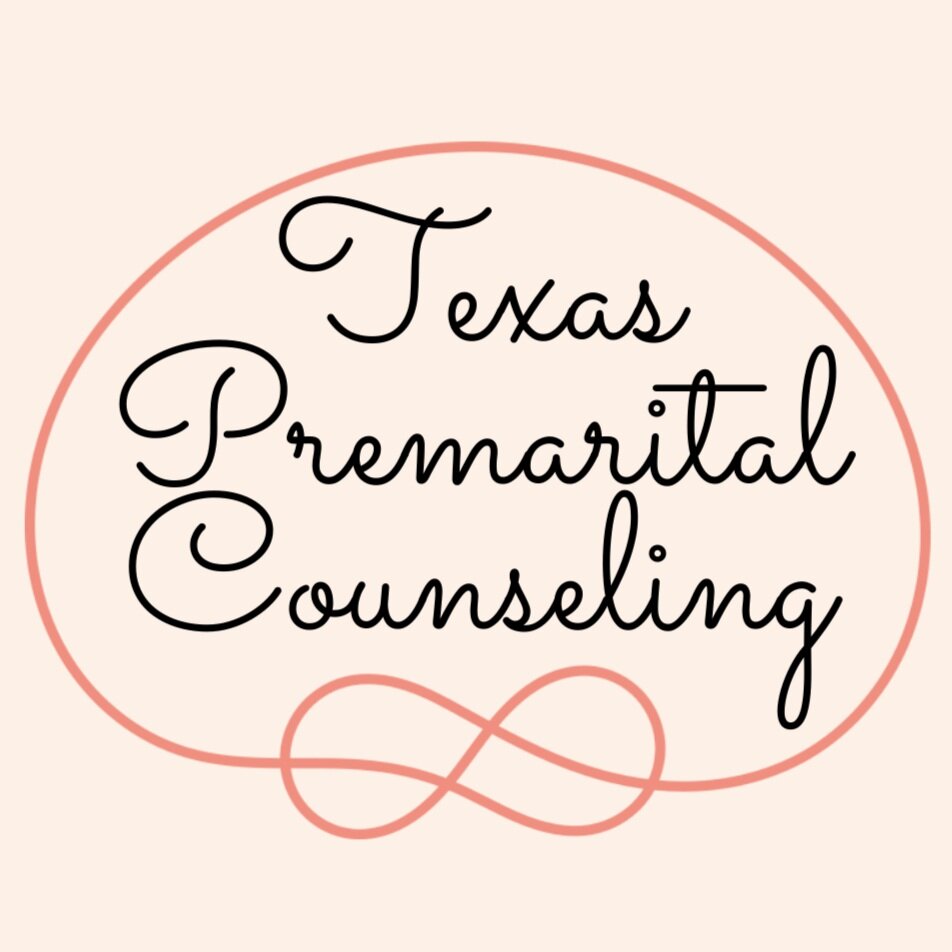Debunking Misconceptions of Premarital Counseling
“Premarital Counseling” is a concept many people are familiar with, and yet most people don’t really understand what premarital counseling truly entails. What do couples actually do in premarital counseling? Who is a good fit for premarital counseling? And who provides premarital counseling services? Today’s post is focused on providing clear answers to each of these questions to help demystify the premarital counseling process and better inform couples about how to best take advantage of this resource.
First, what actually happens during premarital counseling? What do couples talk about? And what is the process like? Well, couples seek out premarital counseling for a variety of reasons- maybe they have decided to move in together, have gotten engaged, or are newlyweds; premarital counseling is an opportunity to focus on preventative relational wellness. This is often a great fit for couples as they transition from “me” to “we” and are eager to prioritize their commitment to each other. Sometimes, couples have identified areas for growth, such as a topic they have differing opinions about, or conflicting individual needs, and this can be part of the focus during premarital counseling services. More frequently, couples recognize how much they don’t know about successful relationship components and are eager to solidify their strengths while building confidence in their communication skills. A common misconception is that premarital counseling is a space to plan their entire future together. While couples of course discuss priorities, values, and goals, the main focus of premarital counseling is building successful processes for communication so that they can confidently address whatever content arises throughout the many ups and downs of their upcoming life together. Couples are encouraged to commit a total of at least 8 hours to weekly counseling appointments. This format allows them to compartmentalize the work into manageable sections, thoroughly explore important topics while avoiding overwhelm, and create opportunities to practice skills throughout the week between sessions. Partners are the experts of their own relationship, so it’s vital they have chances to experiment with the skills and find their own authentic voice and rhythm. After 8 weeks, some couples choose to continue counseling if there is an identified area for further focus, but most feel ready to take full ownership of their continued growth.
Another area couples are often uncertain about is who their premarital counselor will be. Historically, marriages have been performed by religious authorities. Therefore, premarital counseling was often provided by these same spiritual leaders, or perhaps a senior couple within the community. This might still be the option couples choose to pursue if basing their marriage in a specific faith is their top priority. Occasionally, secular officiants will offer premarital services although their work is typically focused on customizing the couple’s wedding ceremony rather than their marriage. Working with a Licensed Marriage and Family Therapist ensures that the services provided during premarital counseling are evidence-based, that the professional is regulated by a licensing board and governing body, and has specific education, training, and experience; unlike a “life coach” which is an unregulated profession. Working with a licensed professional is an investment in quality service.
Couples might have a misconception about the role of their premarital counselor and think that this professional will tell them how they should live their life as a married couple. In reality, each relationship is unique, and the counselor’s role is to help them build competence in evidence-based skills, while exploring important topics such as trust, intimacy, boundaries, and values. By focusing on the processes of how couples have important conversations rather than simply the content, counselors can help couples feel empowered to face any situation they may encounter throughout life together as a team. Premarital counselors also help partners find their own authentic voices within the skills, and communicate together confidently, sincerely, and clearly.
Finally, couples might think that they don’t “need” premarital counseling because their relationship is doing well and that counseling is only for couples who are struggling. When in fact, when a relationship is strong is a great time to examine what makes it tick. Not only does preventative work do exactly that- prevent problems down the road, it is also much harder to heal trust and repair connections once they have been broken. Like everything else precious, relational wellness requires intentional attention and care.
Do you have other questions about premarital counseling? Schedule a free 20 minute consultation and let’s discuss!
